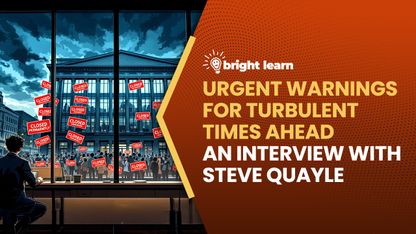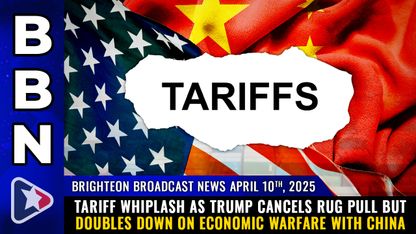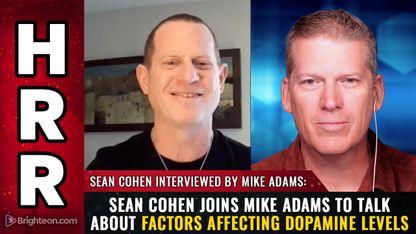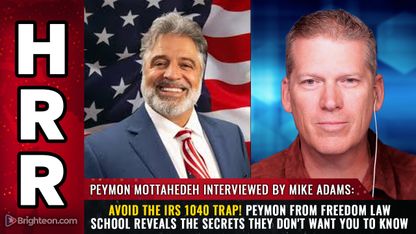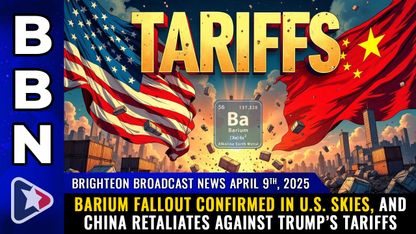
It was not all that long ago when the Times called anyone who even referred to the deep state a "conspiracy theorist." Now, the Times not only admits that the deep state is real, but actually likes it and thinks it is a good thing.
According to Times writers Adam Westbrook and Lindsay Crouse, everyday folks, including themselves, make up the deep state.
"They like Taylor Swift," the two write. "They dance bachata. They go to bed at night watching 'Star Trek' reruns. They go to work and do their jobs: saving us from Armageddon."
Westbrook and Crouse go on to write that people should "rally" in favor of the deep state and think of them as "workers" who are "otherwise known as our public servants, the everyday superheroes who wake up ready to dedicate their careers and their lives to serving us."
Perhaps the most concerning statement written in the op-ed is the idea that the deep state, though "often invisible ... makes our lives better."
(Related: Ukraine recently accused The New York Times of "working for the Kremlin" simply for questioning the legitimacy of the eastern European nation's war on Russia.)
Trump's Schedule F plan for a new American government
The opinion article is obviously using a much different definition of deep state than the one most of our readers would assume it to be: a dark, shadowy cabal that is always plotting new ways to steal our freedoms while disposing of us.
At the same time, the Times article seems to gloss over that definition entirely while still praising the deep state as people in general understand it to be. The article then goes on to warn that Trump, if re-elected, plans to enact something called Schedule F.
"He would have the power to eviscerate the so-called deep state and replace our public servants with people who work for him, not us," the two write.
Schedule F, as defined by Donald P. Moynihan in a guest essay that the Times published on Nov. 27, 2023, is a plan by Trump to replace the public servant aspect of U.S. government with a team of loyalists who are beholden primarily to him.
"They will be placed in every agency across government, including the agencies responsible for protecting the environment, regulating workplace safety, collecting taxes, determining immigration policy, maintaining safety net programs, representing American interests overseas and ensuring the impartial rule of law," Moynihan explains.
What Schedule F would effectively do is allow Trump to turn an additional 50,000 government officials into political appointees – right now there are about 4,000 political appointments a president is responsible for filling.
Trump apparently signed an executive order towards the end of his first term, which was never implemented, that includes a Schedule F order.
There are admittedly some major concerns with Schedule F, which Florida Gov. Ron DeSantis, while still running for president himself, promised to use more aggressively if elected president. DeSantis eerily promised to "start slitting throats on Day 1" of his now-impossible presidential term.
"This is not about conservatism," Moynihan suggests, warning that the way Trump plans to use Schedule F is more about catering to himself than even his conservative base, let alone the country at large.
At the same time, there are many bureaucrats currently in government that very well deserve the title of "swamp," and that Trump still says he plans to "drain." What do you think about Trump's plans for his possible second presidential term?
The latest news about Trump's re-run for the presidency can be found at Trump.news.
Sources for this article include:
Please contact us for more information.


